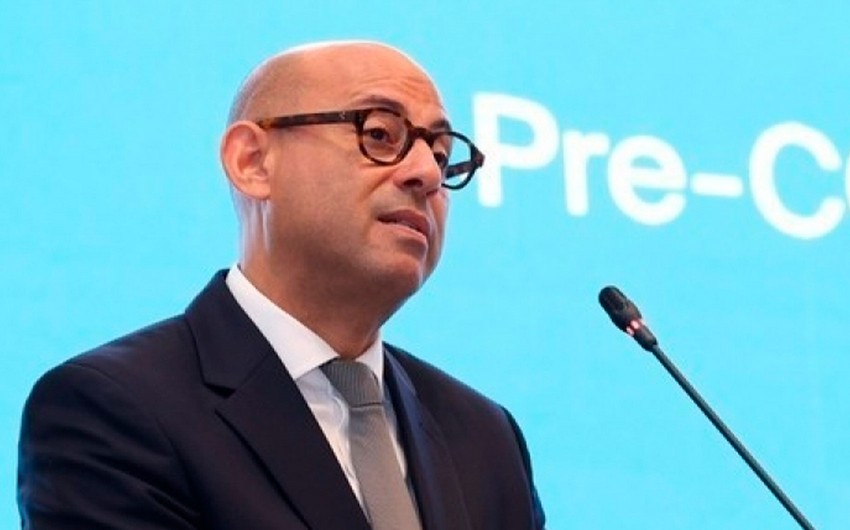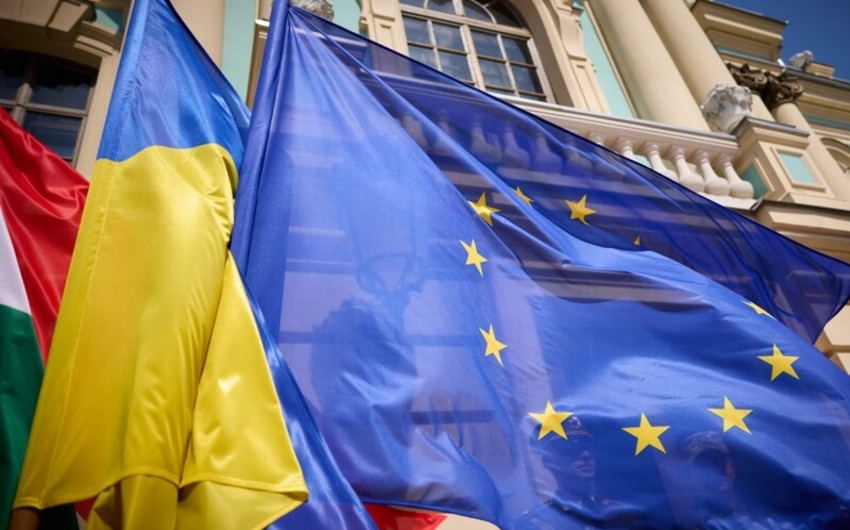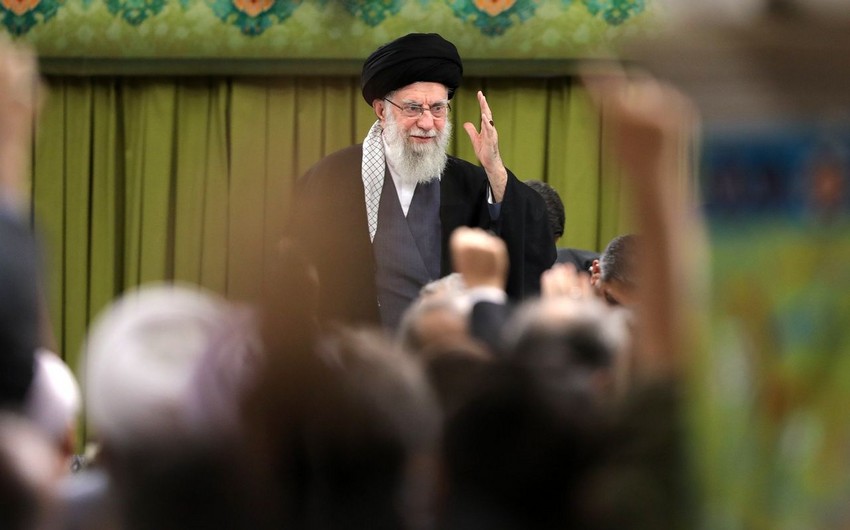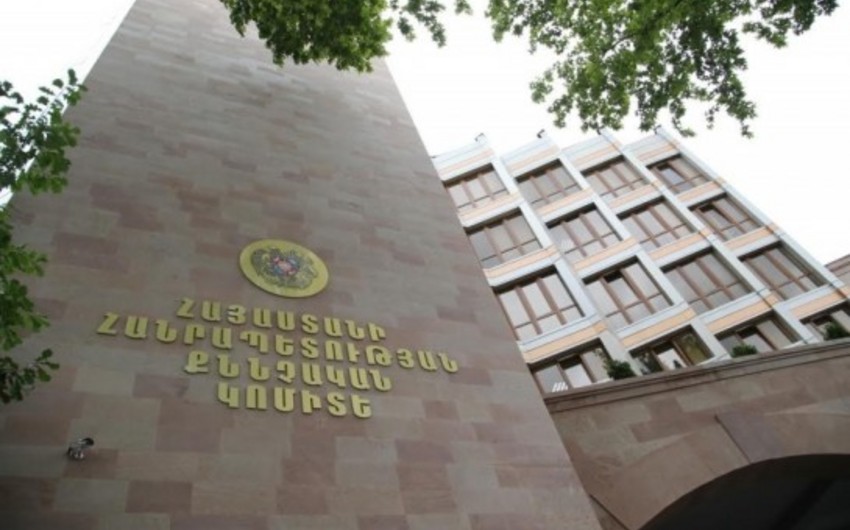On Friday, South Korea's Constitutional Court ruled Yoon Suk Yeol had abused his power by declaring martial law last December, and permanently removed him from office.
Before that, South Korea was not somewhere you might expect a military takeover - a peaceful and proud democracy, admired across the globe for its K-dramas and technological innovation.
So, when President Yoon Suk Yeol declared martial law, ordering his army to seize control, he stunned the country and the world. Everyone, from regular Koreans to world leaders, was left with the same burning question:
What was he thinking?
Yoon underestimated the resistance from the public, his military and members of parliament. He cancelled the order after just six hours.
The BBC has spoken to some of those closest to the president – his friends, confidantes, and political aides - to understand what drove this once successful and principled prosecutor, famed for his belief in right and wrong, to trigger an authoritarian takeover: a decision that would upend his country, tarnish its international reputation and destroy his career.
From a young age, Yoon was "obsessed with winning", his oldest friend, Chulwoo Lee, told me in the weeks after martial law.
"Once he decides something, he drives it forward in a very extreme way."
Mr Lee was in the same primary school class as Yoon. The pair later went on to study law together, before Yoon became a prosecutor.
At school, he was the biggest boy in the class, Mr Lee said, which meant he always sat at the back so as not block the other pupils' view.
He was popular and clever, Mr Lee added, keen to counter a myth that Yoon struggled academically because it took him nine attempts to pass the bar exam.
Yoon attended college in the early 1980s, when South Korea's military dictator Chun Doo-hwan ruled the country using martial law.
When the military massacred protesters in the city of Gwangju, the nation was horrified. Angry students took to the streets, but according to Lee, Yoon "didn't participate much".
"He wasn't particularly interested in the student movement or politics," Lee said, but he did have "a strong belief in justice".
Mr Lee remembers walking through campus one day, when they saw a girl being interrogated by two plain clothes policemen. Yoon immediately started shouting at them.
"Because he was so big and angry, the officers were frightened. They practically ran away," he said. "His temper was uncontrollable."
''I do not owe my loyalty to anyone''
Decades later, Mr Lee would find himself on the receiving end of his friend's temper.
As a state prosecutor, Yoon cemented his reputation as an explosive character who was almost obsessively guided by an innate sense of right and wrong.
But over the years, Lee worried his investigations were becoming unnecessarily aggressive. When he called Yoon to tell him so, "he threw the telephone across the room" in anger.
By then, Yoon was already famous, having investigated the intelligence service in 2013 for corruption, against the orders of his boss. He was suspended from his job, but according to Mr Lee, who defended him, the public viewed him as brave for defying political pressure.
When testifying, Yoon famously declared: "I do not owe my loyalty to anyone."
This was evident again when he went on to prosecute and jail South Korea's impeached conservative president Park Geun-hye in 2018, making him a darling of the left.
It won him the job of chief prosecutor for the left-leaning government at the time. But rather than curry favour, he launched an investigation into one of its ministers. It was then that Mr Lee phoned to warn his friend "he was crossing a bridge of no return", which incensed Yoon. The pair did not talk for over a year.
But this dogged, non-partisan approach won him support. "I was rooting for him because he always did the right thing rather than what his boss told him to do. I felt there should be more people like him," said one friend, Shin*, who asked to stay anonymous.
Shin, who refers to Yoon as his older brother - a term of affection in South Korea - claims he was different to many prosecutors at the time, who sold their influence by marrying into rich and powerful families.
But by investigating the government, Yoon had picked a fight he couldn't win, and he was pushed out of his job as chief prosecutor. Such side-switching set him up as a hero and villain to both sides of the politician divide, giving him a unique appeal.
Still, the decision to run for president was not an easy one, Shin said.
The pair met regularly to brainstorm a game plan. They worried about Yoon's lack of political connections.
"If you've been a politician your whole life you have people backing you. Without these allies, Yoon knew he was going to be a very lonely president," Shin said.
Lurch to the right
"I greatly regret choosing him as our candidate", Yoon's campaign strategist Kim Keun-sik admitted to me in the aftermath of martial law.
Kim was initially enamoured by Yoon's principled approach to the law, but said he quickly grew concerned. "He didn't listen to any of our advice. He only did as he pleased - he was stubborn to the core."
He would make decisions spontaneously, in private, preferring to take advice from the friends he went drinking with, Kim said. "We kept having to clear up his mess."
Yet despite these warning signs, he was selected as the presidential candidate for South Korea's conservative People Power Party.
"We knew he was a risk, but we thought he gave us the best chance of beating our opponent," Kim said.
After being endorsed by the party, Yoon's politics lurched rapidly to the right.
According to his friends, he was bombarded by very right-wing politicians and journalists who "planted ideas in his mind." He developed an extreme hostility towards the opposition party, believing it had links to North Korea.
"I felt very sad, because he was changing," said Shin. "He wanted to win, and the wrong advice went to his head. He started to think he was engaged in a war."
By now, Yoon's schoolfriend Lee was alarmed.
"He came into politics with such a wide spectrum of support. I hoped he would unite the country. But he moved so quickly to the right and was losing support almost every day."
The problem, Lee said, was that those on the far right were fanatically supportive. The more backing Yoon lost, the more he believed he had to rely on these loyalists, and the further right he slid.
It was a self-defeating cycle. Yoon won the election by the narrowest margin in South Korea's history – 0.7%.
After his victory, Mr Lee messaged his school friend to cut ties, concerned about the direction he would take the country. "I congratulated him and said I would see him after he had served his term."
A prosecutorial president
By the time he entered office, Yoon had not only alienated his oldest friend, but many moderate voters, and he had set himself up for a clash with the powerful opposition, that controlled the parliament.
He brought his prosecutorial instincts into politics. Yet the very traits that made him a formidable prosecutor would hamper him as president.
"Usually politicians with no experience listen to their aides a lot, but Yoon wanted to take the wheel," said one of his political advisers, who spoke on condition of anonymity.
The aide, who worked in the president's office, said Yoon would argue his points "loudly and forcefully", making it "uncomfortable" to voice an alternative opinion.
In the early days of his presidency, most of his team pressed him to sit down with the opposition leader, to resolve their differences and find a way to govern effectively, but Yoon refused, the aide said.
"He viewed the opposition leader, Lee Jae-myung, as a criminal."
Instead, Yoon sided with a small faction within the presidential office who wanted him to "fight the party head on".
Fairly quickly, those pushing for dialogue either left or were pushed out, leaving Yoon surrounded by people who agreed with him, and lower-level bureaucrats, too scared to speak out.
This bullish leadership led him to make a strategic miscalculation – he overlooked the need to be liked by voters. He pushed ahead with unpopular policies, and refused to apologise for his wife, who had antagonised the public by accepting luxury gifts.
"He didn't care enough what people thought of him; whether they thought he was doing a good job or not," said his friend Shin, who remembers struggling to convince Yoon to dress smartly in the early days of the campaign.
Yoon feared that pandering to the public might prevent him achieving his goals, and hoped people would eventually recognise he was doing a good job, Shin explained.
The opposite turned out to be true.
Two years into his term, his party suffered a bruising defeat in parliamentary elections, handing the opposition party an even bigger majority. Yoon was left hamstrung, unable to enact his agenda.
"It's arrogant to say you don't want to be popular, that you don't want approval ratings," said Shin, labelling this Yoon's "biggest mistake".
"He's a funny, likeable person. He could have been a popular president."
Punishing the opposition
Perversely, Yoon seemed untroubled by his party's election defeat.
"He said he could still give executive orders and accomplish a lot. He told me not to worry", said Linton, a conservative politician and one of the president's close confidantes at the time.
According to various testimonies, this was about the time Yoon's martial law plot began to take shape.
By now, he appeared to be fully immersed in unsubstantiated conspiracy theories, peddled by influential far-right YouTubers whose content he was consuming. He believed the opposition was taking orders from North Korea, or at least those who idolised the regime, though he never presented any proof.
Linton said Yoon talked repeatedly of how the opposition party was being run by Marxists, once comparing them to the Chinese Communist Party. He thought that, if in power, they would turn South Korea into an authoritarian communist state and bankrupt the country.
"I got this speech at least 15 to 20 times."
The stronger the opposition got, the more headstrong Yoon became, using his presidential veto to block parliament's decisions. In return the assembly slashed his budgets, impeached an unprecedented number of his political appointees, and tried to investigate his wife for corruption.
According to Linton, Yoon was "livid". "They are trying to bring me down, the government down, and end our democracy - and we can't put up with it," he told him.
On 3 December, he finally snapped.
"He saw martial law as a method for punishing the opposition. He felt that somebody had to stand up to them," Linton said.
"Once he makes a decision he doesn't hesitate," he added, suggesting it was unlikely Yoon had fully thought his plan through. "It was a poor decision, and he is paying the consequences now, but I think he sincerely thought he had the country's best interests at heart."
In a roundabout way, his schoolfriend Chulwoo Lee agrees: "He had this delusion he could save the nation from communist threats, but I have no sympathy for him; he has jeopardised our democracy."
As misguided as he was, Yoon did what he thought was right with little care for the consequences, echoed Shin.
"This was exactly how he lived his 30 years as a prosecutor. In this sense, martial law was something only Yoon could have done."
Madina Mammadova\\EDnews









